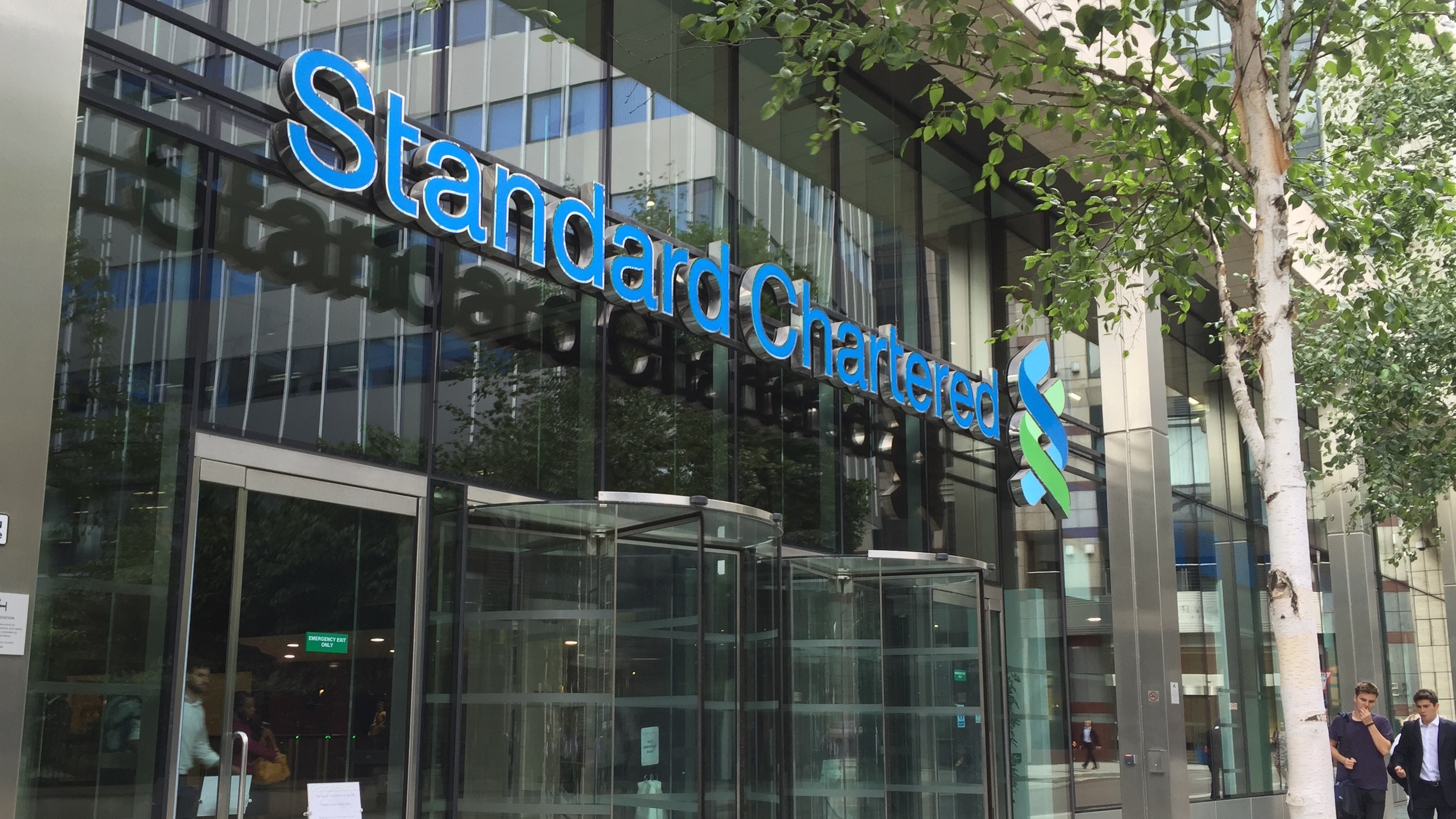A group of asset managers, including Robeco, Mirova, Edmond de Rothschild AM, I Care and Quantis, have launched a platform to assess climate emissions.
The Avoided Emissions Platform (AEP) uses a transparent methodology for calculating avoided emissions, which the group says is a vital metric essential for advancing the transition to a sustainable economy.
The AEP uses quantified data to support the comparison of decarbonised alternatives and to redirect financial flows toward companies facilitating decarbonisation.
The platform is supported by 12 asset managers, representing more than $4 trillion of assets under management, as well as an international corporate investing bank, six data providers, and an independent scientific committee.
The group estimates that $215 trillion needs to be invested to achieve global net-zero emissions by 2050, which is why it says the development of harmonised metrics is “essential” for directing capital into effective climate solutions.
The interactive tool models the avoided emission factors for 65 climate solutions and is supported by recommendations from a dedicated scientific committee, which the asset management firms said will ensure consistency with existing guidance on avoided emissions and a credible approach to assessing potential emission savings across sectors.
The platform can be accessed with a license and will be expanded over time with new solutions.
The group said the AEP will allow companies to accurately calculate and report their avoided emissions as well as enable regulatory bodies to gain insights to support policy development.
“Robeco has a long-standing commitment to invest in the net zero transition - in particular, our climate products, such as the Smart Energy and the Global Climate Transition funds, have been investing in climate solutions for many years,” said Lucian Peppelenbos, climate & biodiversity strategist at Robeco. “This new database will help us credibly quantify their true contribution to climate mitigation and addresses the high demand from our clients for more extensive impact measurement.”
Latest News
-
Mizuho to replace 5,000 administrative roles with AI
-
Allica achieves unicorn status through latest funding round
-
AI disruption risk varies between platform and service-based firms, says new report
-
ClearBank moves into the heart of London’s financial centre
-
Citi forms AI infrastructure banking team and invests in Sakana AI
-
HSBC chief Elhedery says overhaul nearly complete despite profit fall
Creating value together: Strategic partnerships in the age of GCCs
As Global Capability Centres reshape the financial services landscape, one question stands out: how do leading banks balance in-house innovation with strategic partnerships to drive real transformation?
Data trust in the AI era: Building customer confidence through responsible banking
In the second episode of FStech’s three-part video podcast series sponsored by HCLTech, Sudip Lahiri, Executive Vice President & Head of Financial Services for Europe & UKI at HCLTech examines the critical relationship between data trust, transparency, and responsible AI implementation in financial services.
Banking's GenAI evolution: Beyond the hype, building the future
In the first episode of a three-part video podcast series sponsored by HCLTech, Sudip Lahiri, Executive Vice President & Head of Financial Services for Europe & UKI at HCLTech explores how financial institutions can navigate the transformative potential of Generative AI while building lasting foundations for innovation.
Beyond compliance: Building unshakeable operational resilience in financial services
In today's rapidly evolving financial landscape, operational resilience has become a critical focus for institutions worldwide. As regulatory requirements grow more complex and cyber threats, particularly ransomware, become increasingly sophisticated, financial services providers must adapt and strengthen their defences. The intersection of compliance, technology, and security presents both challenges and opportunities.
© 2019 Perspective Publishing Privacy & Cookies
















Recent Stories